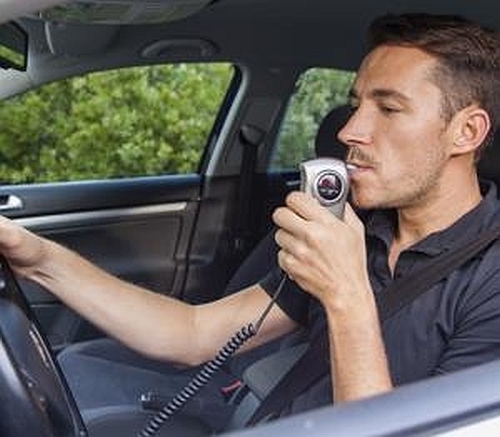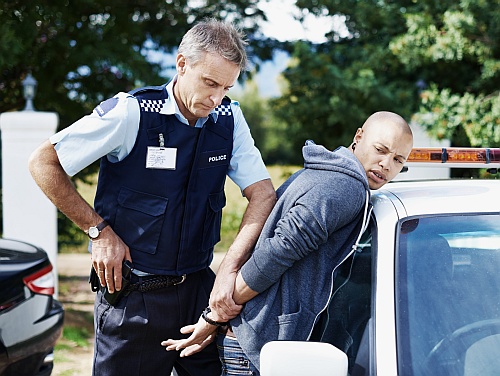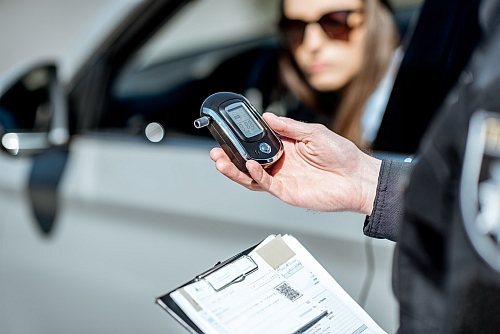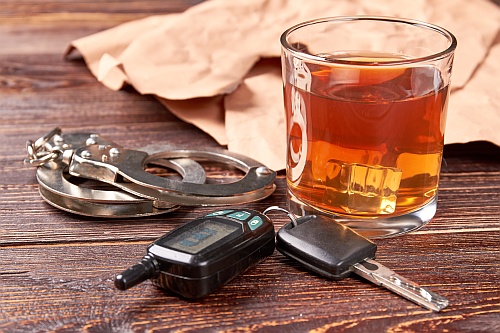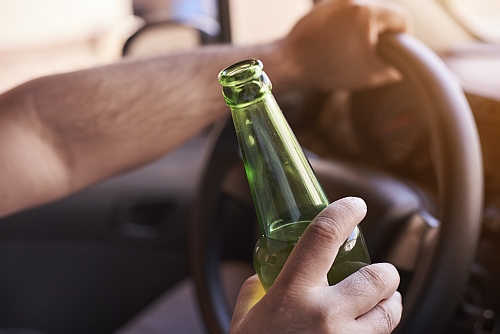- October 23, 2023
You made a mistake and got pulled over after having one too many drinks. As part of your sentence in South Carolina, the court has ordered you to install an ignition interlock device in your vehicle. What exactly is this device, and how will it impact your life?
An ignition interlock device prevents your vehicle from starting until you provide a breath sample that registers below a preset blood alcohol concentration level. The goal is to prevent you from getting behind the wheel after drinking.
Let’s look at what you need to know about ignition interlock devices in the Palmetto State. If you have been charged with a DUI in Charleston, you need a skilled lawyer on your side. Contact our law firm right away for a free consultation.
How Do Ignition Interlock Devices Work in South Carolina?
In South Carolina, ignition interlock devices (IIDs) under the Ignition Interlock program are installed in vehicles to prevent drunk driving. An IID is essentially a breathalyzer wired into your vehicle’s ignition system.
Before starting the car, you must blow into the IID to check your blood alcohol content (BAC). If it’s over 0.02%, the vehicle won’t start. The IID also requires random retests while driving to ensure you stay sober. You must pull over and provide a breath sample.
With an IID, drinking and driving isn’t an option.
What Is the Ignition Interlock Program in South Carolina?
The Ignition Interlock Program in South Carolina requires drivers convicted of DUI to have an ignition interlock device installed before being allowed to drive again. This breathalyzer device prevents the vehicle from starting if it detects alcohol on the driver’s breath.
Offenders must blow into the handheld part of the device before starting the engine. If the blood alcohol concentration (BAC) reading is above a preset level, the vehicle will not start. This helps ensure the driver has not been drinking before getting behind the wheel. The device also requires random retests while driving to confirm the driver remains sober.
To participate in the Ignition Interlock Program, you must install an approved device for a mandated period – typically 6-12 months for a first offense. The program allows DUI offenders to keep driving privileges so they can continue daily activities like going to work or school.
Penalties for Interlock Device Program Violation
If you violate the terms of South Carolina’s Ignition Interlock Device program, there are penalties.
- The first offense is a misdemeanor. The penalty is a fine of at least $1,000 or jail for up to 1 year. The length of time you’ll have to use the IID will increase by 6 months.
- The second offense is also a misdemeanor. The penalty is a fine of at least $5,000 or jail for up to 3 years. The time required to use the IID will increase by 1 year.
- The third or subsequent offense is a felony. The penalty is a fine of at least $10,000 or jail for up to 10 years. You’ll have to use the IID for 3 more years.
- Tampering with your IID or blocking the camera is a misdemeanor, punishable by a fine up to $500, jail up to 30 days, or both.
- Allowing someone without an IID to drive your vehicle is also a misdemeanor, carrying a $500 fine, 30 days in jail, or both. The only exception is if you leased the vehicle before your DUI arrest.
- If you ask someone else to blow into your IID or blow into an IID that isn’t assigned to you, it’s considered a misdemeanor. The penalty is a fine of up to $500, jail time of up to 30 days, or both.
Contact an Experienced DUI Defense Attorney in Charleston
When you’ve been charged with a DUI in South Carolina, contacting an experienced DUI defense attorney should be a top priority. At Charleston DUI Guy, our team focuses on DUI defense and knows the ins and outs of South Carolina’s DUI laws and the Ignition Interlock Device program.
We can evaluate the details of your case, determine the best defense strategies, and fight to get the charges reduced or dropped wherever possible. Call us today at (843) 277-8711.
